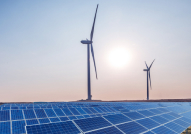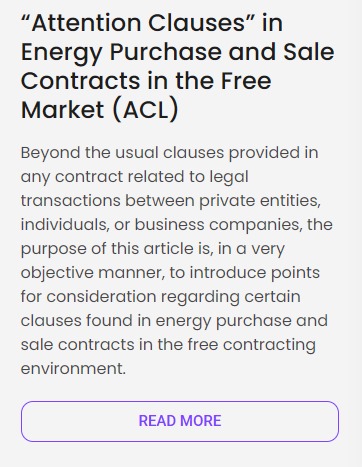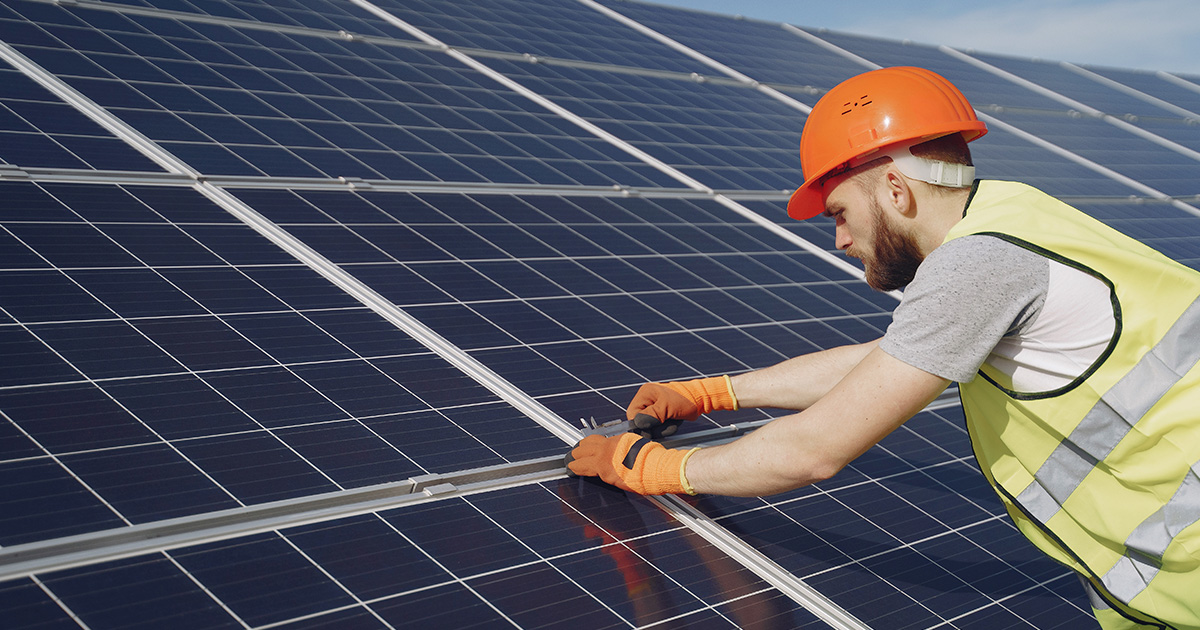
- Energia, Societário
Regulatory and Corporate Law in Renewable Energy: Practical Guidance for Companies in the Energy Sector
In the contemporary economic scenario, the renewable energy sector emerges as one of the most strategic and dynamic, playing a crucial role in sustainable development and global energy security.
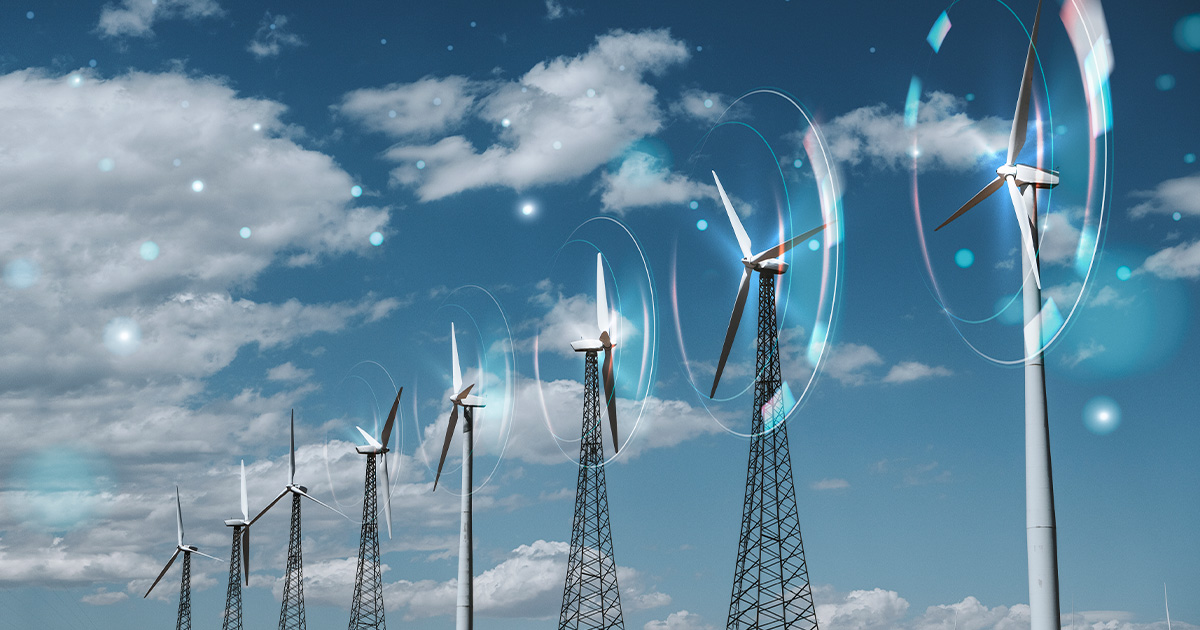
- Energia
Hydrogen in Brazil: Between Innovation and Regulation
Hydrogen, the most abundant element in the universe, is increasingly at the center of attention in the energy sector, promising a sustainable revolution. Its journey, from the first identification of its properties, such as flammability, by scientists in past centuries to its current role as a potential solution to the energy crisis, is marked by continuous innovations.
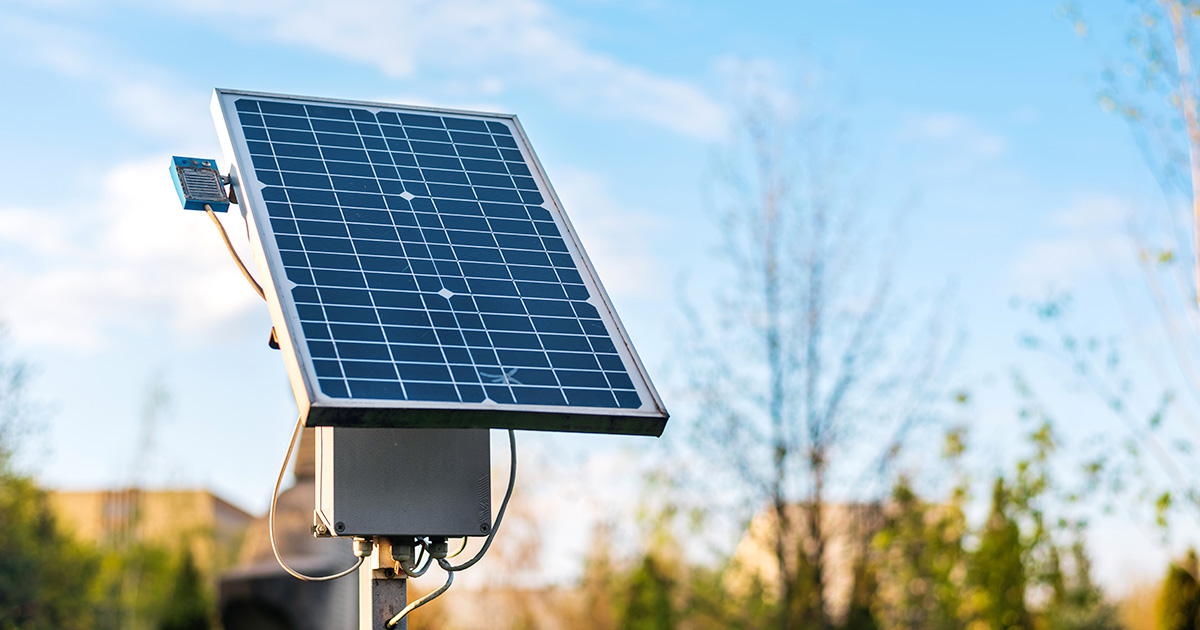
- Direito, Energia
The issue of the division of solar power generation plants into microgeneration and minigeneration: reflections based on the Am Torres LTDA case.
The analysis of the precautionary measure request discussed during the 42nd Ordinary Public Meeting of the Board of the National Electric Energy Agency (ANEEL) has been a topic of significant interest. The reason for this stems from the main issue related to the case filed by AM Torres Ltda.: the division of solar power plants with the (alleged) intent to classify them as smaller plants.

- Energia, Jurídico
The Federal District (DF) establishes a district policy for green hydrogen – Law No. 7,404/2024.
The Governor of the Federal District sanctioned Law No. 7,404 on January 16, 2024, establishing the District Policy for Green Hydrogen, marking a small step towards environmental sustainability and energy diversification in the region.

- Energia, Jurídico
Notes on Economic Analysis of Law regarding STJ Binding Precedent 986
The discussion surrounding repetitive theme 986 of the Superior Court of Justice (STJ) regarding the inclusion of transmission system usage (TUST) and distribution system usage (TUSD) tariffs in the ICMS calculation base on electricity bills is of great relevance not only legally but also economically.
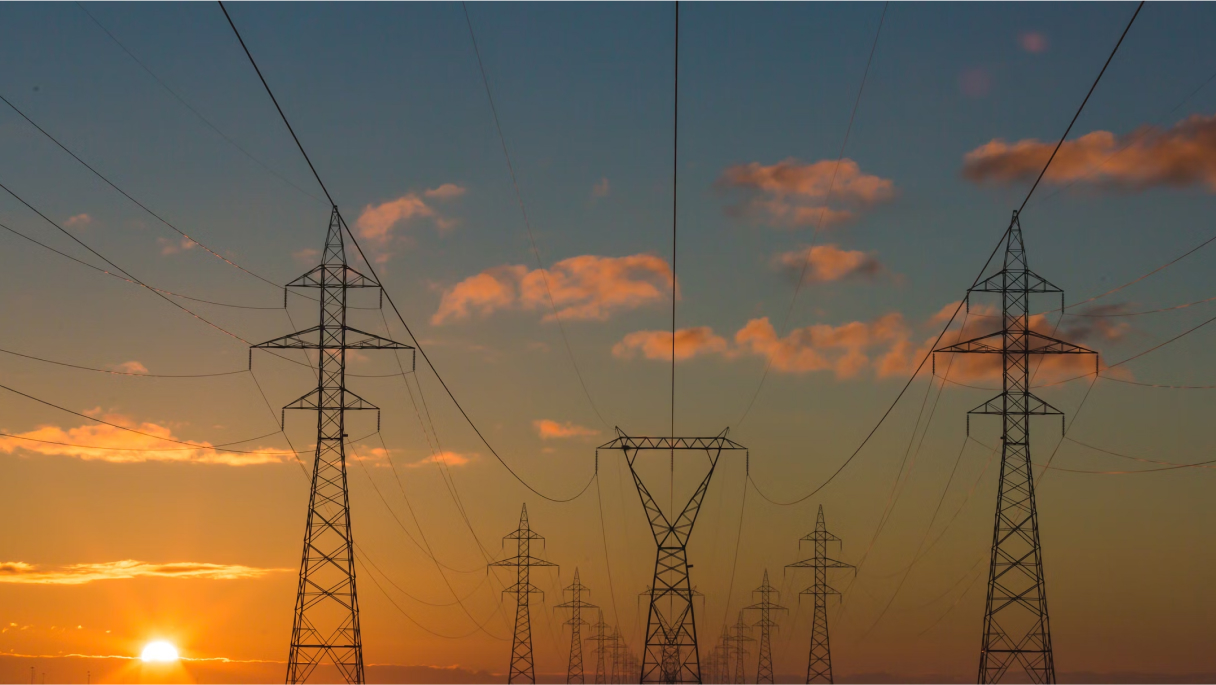
- Inovação, Jurídico
The usefulness of contractual joint ventures for energy companies
In the free energy market, or technically in the free contracting environment (ACL), it is common to find at least three distinct actors working toward the broad production of energy. These are: the energy generation company, the energy trader, and the distributor.
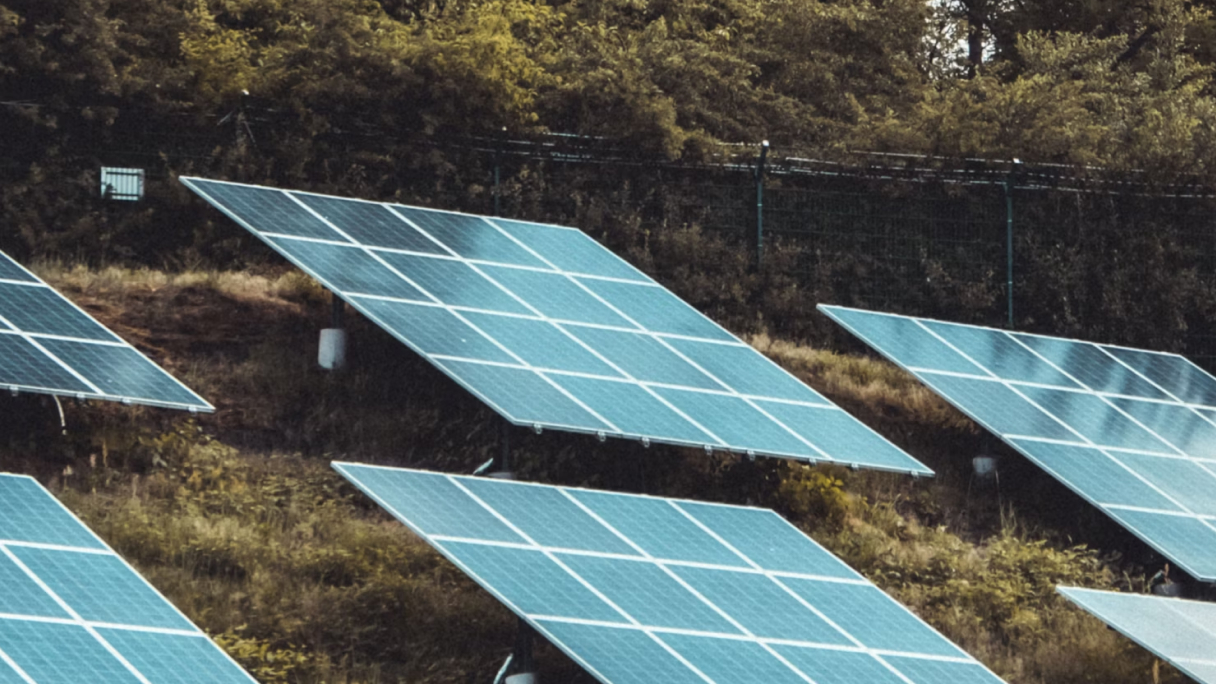
- Energia, Jurídico
Air Bridge: Between Unpredictability and Risky Optimistic Decisions in the Energy Sector
I am writing this text from inside the plane that is taking me back to Florianópolis. I spent two days in Rio de Janeiro attending meetings, visiting energy sector companies, and catching up with dear friends and partners.

- Energia, Jurídico
The Importance of Clearly Defining the Rules of the Game: Oil Fields and Trillions of Reais
Some time ago, the Superior Court of Justice (STJ) announced a dispute involving Petrobras and the National Agency of Petroleum, Natural Gas and Biofuels (ANP) over the potential imposition of special participation fees on Petrobras. Essentially, this tax would originate from or be triggered by the ANP's administrative decision to unify the oil fields previously acquired by Petrobras.
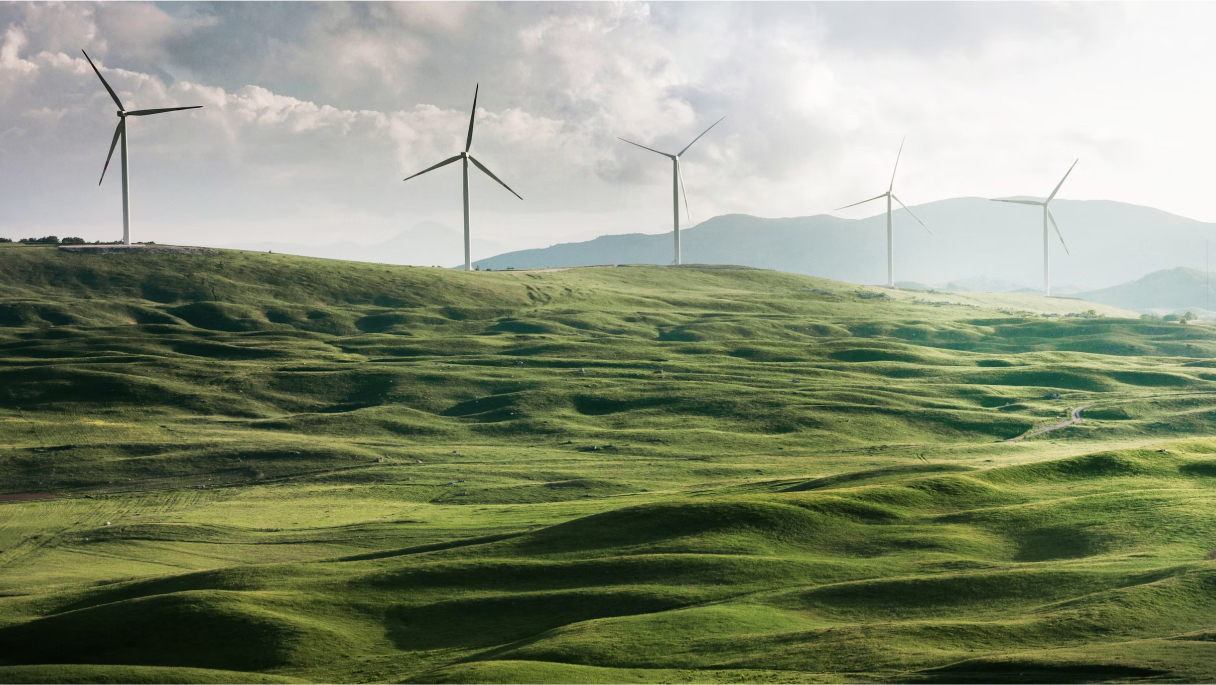
- Jurídico
Mapping Bills No. 1878/2022 and 2308/2023: Regulating “Green” Hydrogen
Through the Environment Committee, the Federal Senate introduced Bill No. 1878/2022, aimed at creating a policy for the regulation of the "production and uses for energy purposes of Green Hydrogen."
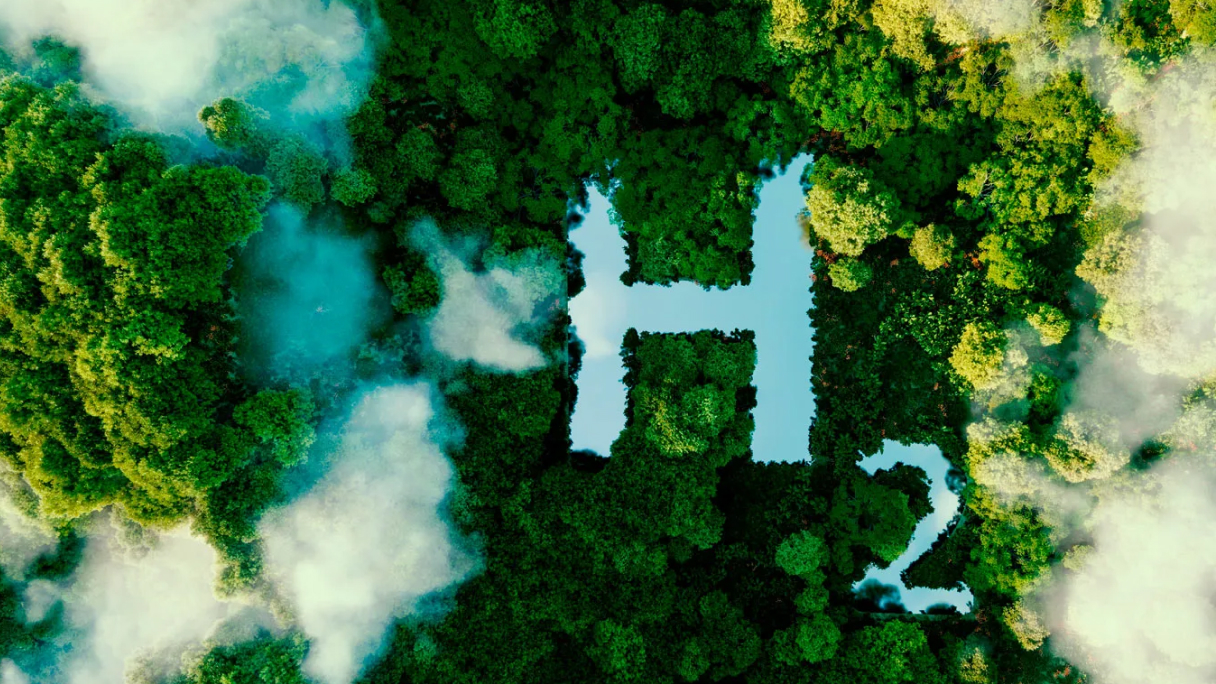
- Uncategorized
The hydrogen color palette
Hydrogen is the most abundant element in the universe and has the ability to form more chemical compounds than any other element. Considered discovered in 1766 by Henry Cavendish, there are several reports prior to this period about a "flammable gas."
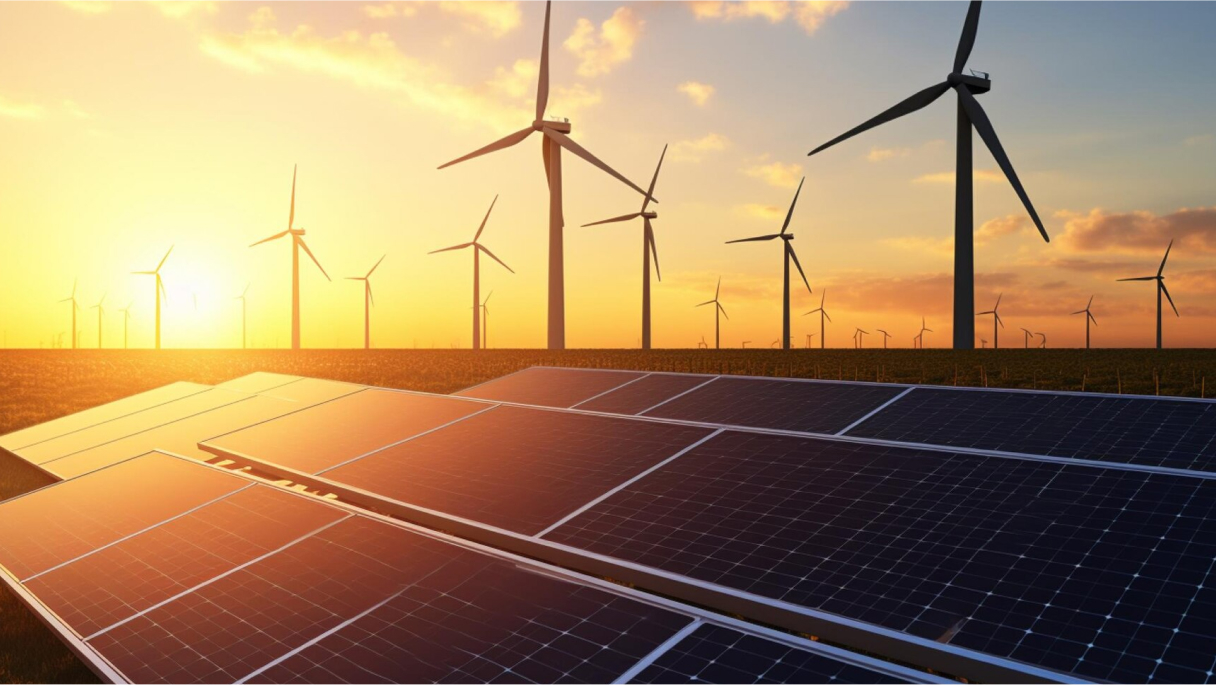
- Jurídico
Maximizing the Value of Energy Transactions: The Role of Law and Economics Analysis in Contract Formation
In today’s energy landscape, where efficiency and sustainability are crucial, contracts play a vital role in maximizing the value of energy transactions. However, it’s worth asking: how can we ensure that these contracts are structured to meet the economic objectives of the parties and promote sustainable development?

- Jurídico
Aneel opens public consultation to improve transition rules regarding the end of discounts on TUST and TUSD
The Brazilian Electricity Regulatory Agency (ANEEL) will launch a public consultation process from June 16 to July 31, 2023, to gather input from society to improve the rules and procedures related to the end of discounts applied to the Transmission and Distribution System Usage Tariffs.
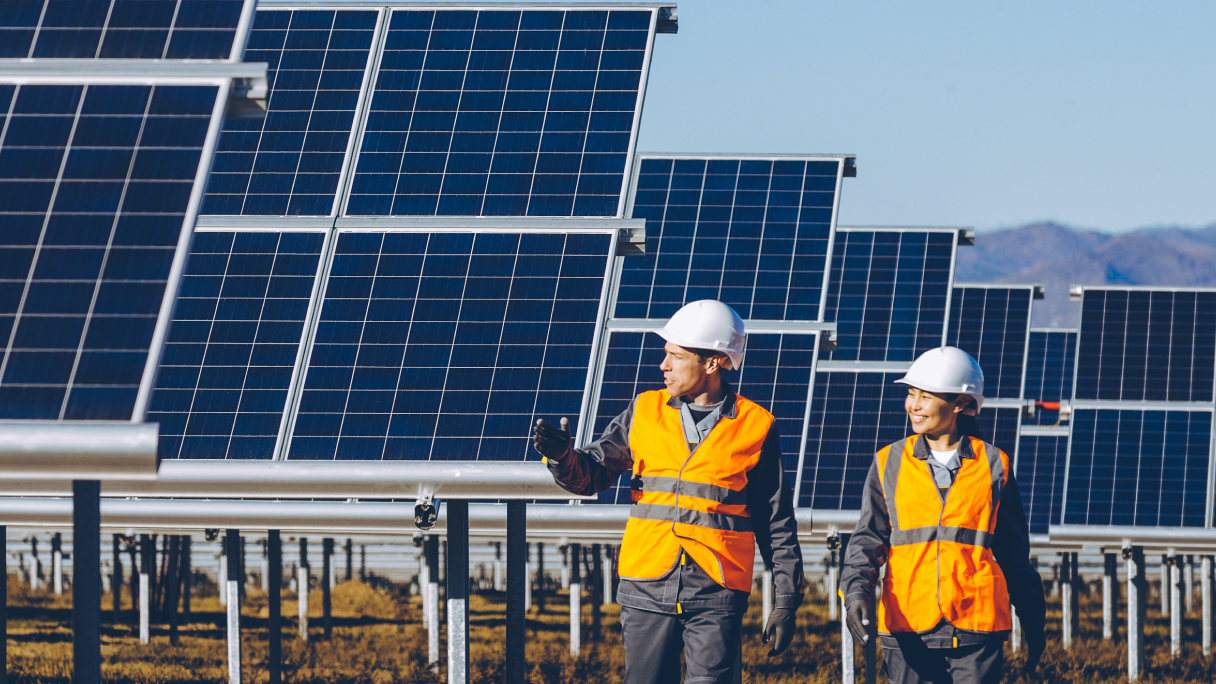
- Jurídico
“Attention Clauses” in Energy Purchase and Sale Contracts in the Free Market (ACL)
Beyond the usual clauses provided in any contract related to legal transactions between private entities, individuals, or business companies, the purpose of this article is, in a very objective manner, to introduce points for consideration regarding certain clauses found in energy purchase and sale contracts in the free contracting environment.

- Jurídico
New Arbitration Convention of CCEE – What Changes in Practice?
On February 14, 2023, the National Electric Energy Agency (ANEEL) approved the new Arbitration Convention of the Electric Energy Trading Chamber (CCEE). The purpose of this article is to briefly analyze the main impacts of the new instrument on the reality and business practices between CCEE and its agents.

- Energia
Authorization Granting before ANEEL for Wind and Solar (Photovoltaic) Projects – Systematizing RN 876/2022
Many questions arise about the procedure and requirements for obtaining an authorization grant from the National Electric Energy Agency (ANEEL) for the exploration and installation of wind and photovoltaic plants. Based on Normative Resolution No. 876, dated March 10, 2020, amended by Normative Resolution No. 954, dated November 30, 2021.
- Contact
- +55 48 99909-7557
- bianca.bez@bbladv.com.br
